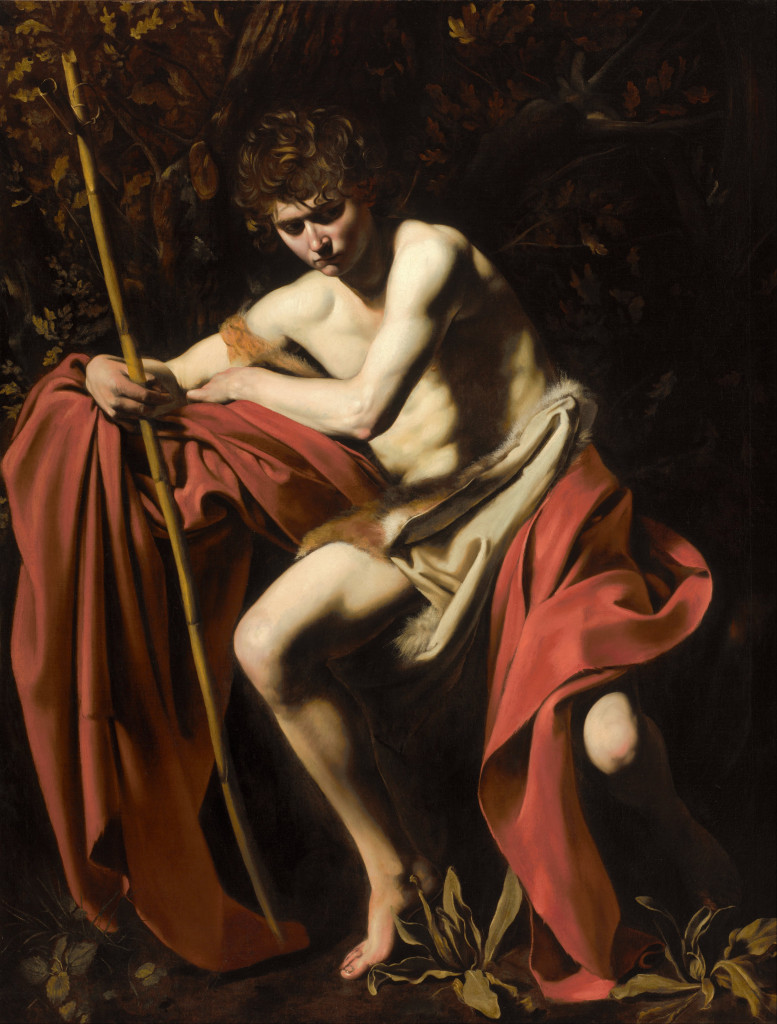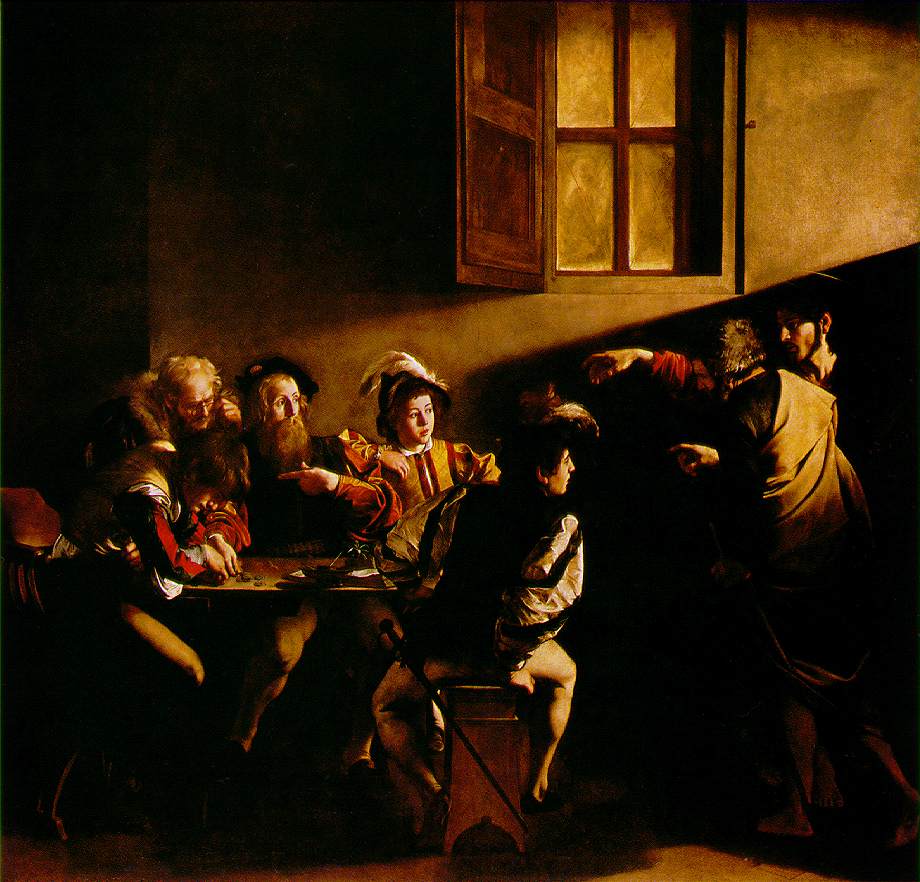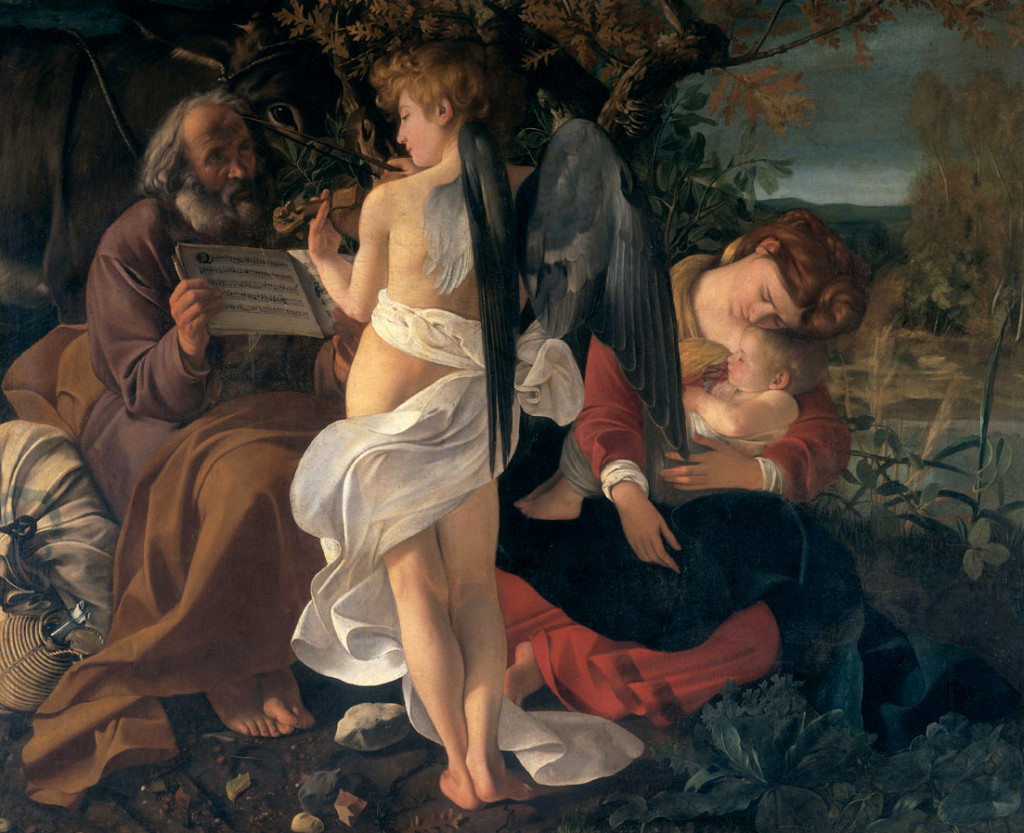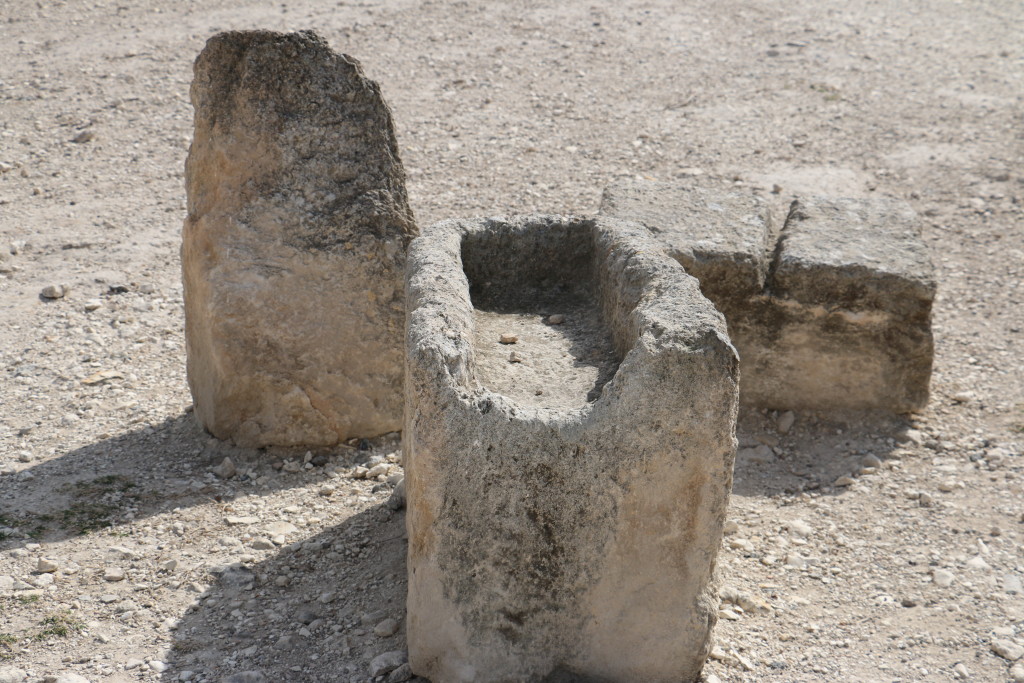Bible Reading Challenge Blog
January 8, 2016: Day 5 – Matthew 5
January 8, 2016How much time do you have? There are so many biblical truths tucked away in chapter 5 that it would take us years to get through them all, especially at the rate that I go through books of the Bible. Think about it, Jesus begins his teaching on what is called the classic sermon on the mount. If you have ever heard that term: Sermon on the Mount, then you can know that this is the chapter that people are referring to. It goes all the way through chapter 7. The teachings of Jesus in this setting have remained with us for millennia and continue to ring true today. He begins with the beatitudes: blessed are… I like to focus on the first one of the beatitudes. They are called beatitudes because each one of them begins with “blessed are” and the word beatitude means blessed. Here in Matthew he says blessed are the poor in spirit but in Luke 6:20 he doesn’t include spirit and just says blessed are the poor. These verses serve for me as the basis for my understanding of Jesus’ preference for the poor and preference for those who are the least of these. Jesus has a special place in his heart for those who are poor. Jesus has a special place in his heart for those who are destitute and persecuted. I say this with the full realization that I am not poor, I probably don’t fit any of the categories that Jesus lifts up as people whom he loves the most. That is a difficult realization to know that we are not the least of these and so what Jesus requires of us is so much more than what we think is required of us.
The abundance of resources and opportunities that we have living and growing up in the United Stated in comparison to those living in third world countries is astounding. We did not choose to be born into the families in which we were born, and neither did those who live in third world countries, and yet because we were then we are given those opportunities and faced with those possibilities that a small percentage of the world is able to enjoy. It is hard to understand this unless you have seen a third world reality where people live in such a different framme of mind than one in which we are used to living.
This chapter also contains the directive to be the salt of the earth, light of the world, Jesus as the one who fulfills the law, if you have something against a church member then you are not to take communion until you approach that member and ask for forgiveness (yes, if you read vs.21-26 that is exactly what it says), do not commit adultery and tear out your eye if it causes you to stumble (a real eye opener, no pun intended, for those who view porn as just another past time), Jesus’ teaching on divorce, prohibition against swearing, eye for an eye, tooth for a tooth, NOT, love your enemies.
That is a lot of material in such a short space. What you find is that in each of these prohibitions, teachings, and insights, Jesus takes the most strict interpretation possible. He allows for divorce but only on the grounds of adultery. Back in the 1st century the rabbis allowed for divorce if the husband woke up one morning and his wife wasn’t pleasing in his sight. Back then it was only the husband who could divorce, and when it happened then the woman would be left without any recourse and would be forced to prostitute herself. Jesus says no, this is not right, the only cause for divorce would be adultery. He limits what at one time was a free for all.
There are some who see Jesus as expanding the freedoms of what was being taught by the religious leaders. I think if you look at his life and see how he came to fulfill the law that he did not come to expand, but rather encouraged people to live in the freedoms that the law already provided. Don’t step outside of the laws of the Lord. Jesus was someone who said we have to get back to basics, not try to create things that God has not blessed or approved. It remains a good lesson for us today.
January 7, 2016: Day 4 – Matthew 4
January 7, 2016Let’s start with Jesus’ temptation in the wilderness. As soon as he is proclaimed the Son of God he goes off by himself to prepare himself for the ministry that is to come. This is so crucial. Throughout Jesus’ life we see him withdraw from the crowds and go away, normally up a mountain, to pray and prepare. His public ministry which he is just about to start is bathed in prayer. Even out Savior doesn’t try to set out and do things without ascertaining the will of His Father and then pursuing the kingdom of God through that preparation. Notice that in each of the temptations: the desire for abundant provision, the quest for control, and the pursuit of power, Jesus responds to Satan with Scripture. Satan tries to lure Jesus once with Scripture for the second temptation, but it doesn’t work. Jesus was prepared and knew the Scriptures which provided him with the means to defend himself. What a great lesson for us.
Just a word on Satan, in the Greek it means literally adversary. I have addressed a couple times the development of the understanding of who Satan or the devil is and how John Milton’s book Paradise Lost has really been instrumental in our current understanding up and against the biblical approach. If you are interested in this topic then look up the times in Scripture that Satan or the devil is mentioned and I think that you will be surprised how few times it actually is.
Jesus not only survives the temptation but is then ministered to by angels. What a great way to get ready for what comes next!
Next in chapter 4 we find Jesus calling his disciples. Here he chooses fishermen who are busy at their trade. Simon and his brother Andrew are chosen, then other fishermen in James and John and promises that one day they will become fishers of men.
There is a parallel Scripture in Luke 5 that I encourage you to read because it matches this calling of the disciples with a miracle of Jesus by encouraging Peter to throw his net in a certain spot and sure enough he catches enough fish to fill two boats.
What we learn about Jesus here is that he took time to prepare himself for his ministry. Once that is done, then he chooses people to carry out the work that is before him. Jesus was not in any way a loner. Sure, he went off and prayed by himself, but he needed people around him to carry out His work. You see this especially in the Garden of Gethsemane when he tells his disciples to stay up with him just a little while longer.
I hope this day you see how you can prepare yourself in prayer and discipline for the work that God has laid out before you.
January 6: Day 3 – Matthew 3
January 6, 2016Today we are introduced to John Baptism, probably one of my favorite characters in all of Scripture. He is the one who isn’t concerned if his clothes match in the morning or if he is fitting into the crowd or not. He completely eschews the status quo, and still vs. 5 tell us that “the people of Jerusalem and all Judea were going out to him, and all the region along the Jordan.” In spite of his distinctiveness, and his ability to raise rancor, remember his statement to the religious leaders – “you brood of vipers”, people still flocked to see him and be baptized by him. What a testimony to not feeling forced to fit into our culture or society. God is going to use us for His purposes even if we choose to be different from others.
If you want to learn more about John the Baptism I would encourage you to read this article: http://www.pbs.org/wgbh/pages/frontline/shows/religion/portrait/essenes.html
I’ve included a picture of John the Baptist, again by Caravaggio my favorite artist.

Just a couple notes about the painting that will be applicable to all of art history when you see John the Baptist. If you want to identify him you can always see the one carrying the staff with a cross at the top, throughout art history this is how John the Baptist is identified. Any time you see a painting with a guy carrying a staff with a cross at the top, that’s him. Also, the camel hair can give him away as well.
We find Jesus is also baptized by John in this Scripture. This is a pivotal moment in the life of Jesus, and arguably for John as well, as he is revealed to the world as: “This is my Son, the Beloved, with whom I am well pleased.” Jesus came to be baptized by John not to be forgiven of his sins but rather so that all righteousness could be fulfilled. This means that Jesus is able to be seen as the one in whom all of the prophecies of ages gone past have found their culmination in him. God has declared that humanity is righteous not because of our actions, but rather because of Jesus’ actions in his birth, life, death, and eventual resurrection. This is the fulfillment of righteousness for humanity that came about and was revealed at the baptism of our Savior.
January 5, 2016: Day 2 – Matthew 2
January 5, 2016This is the last of our reposts. Tomorrow you will get a brand new post, but for now, enjoy this post. I’m just sorry that we weren’t able to keep Erica Reinmiller’s comment on this post. It was very insightful and helpful to any who would have read it. Maybe, just maybe, she might be able to remember what she said and repost her comment.
I remain surprised and pleasantly interested in the fact that Matthew continues to focus on Joseph as the person who receives the insight and the messages from the Lord. Remember in 1 it was Joseph who was approached by the angel, and not Mary. Here twice we find Joseph taking the initiative and being warned in a dream to flee to Egypt and then again to settle in Nazareth. Joseph does seem like a forgotten figure in Scripture, and often is portrayed as the one who is merely a pawn while everyone else dictates to him what ought to be happening. Not so in Matthew, he is not only decisive, but also the one chosen by the Lord to receive the messages of what comes next. Caravaggio’s depiction of the Holy Family fleeing to Egypt is a classic, with Joseph being the one holding the music for the angel Gabriel.
This chapter does contain a number of passages that need to be fleshed out, but our space is limited. The family has transitioned from the manger and the holding pen to a house (vs. 11) where the wise men visit Jesus and offer him three gifts. We do not know their names, any of them, and we do not know that there were three, although we do know that there were three gifts. All interesting details that our culture and tradition has taken and developed it into something that is more than what Scripture allows.
So what do we learn about Jesus? Well we certainly see that he is a survivor. Even in the midst of the tragedy of the massacre commanded by Herod, the Lord has protected him and allowed him to carry out his purposes. That is something that we can take away as well. We must be survivors, and know with confidence that the Lord will protect us and keep us under his watchful gaze so that we can carry out His plans. In this time of fear in which we live, we can easily devolve into people who are so afraid of what comes next that we do not take steps forward that might involve risk. We miss the fact that sometimes it takes risk in order to carry out God’s plans. The trip to Egypt was long and dangerous, but it was one that Joseph knew his family had to take. The alternative was safer, was easier, just stay in Bethlehem until they could travel again. But God had a plan and knew that Herod would send his mercenaries to slaughter all those who might be the same age as their son. The family couldn’t know the reason why they were told to go to Egypt, they just went. Security and safety in the Lord’s protection is not always what seems the safest, but is always what He tells us to do.
January 4, 2016: Day 1- Matthew 1
January 4, 2016Well, we are back! If you have been following along then you will notice this entry. The only negative about the reboot is that we no longer have those wonderful comments that were made previously. You’ll just have to make them again and we can go from there. Enjoy the blog and I pray that you will grow from the challenge.
Happy New Year! I am so excited for these next 90 days. I can’t wait to share with you the Gospels and to be able to see what kind of insight God will be giving us in regards to what did we learn about Jesus and what did we learn about being a disciple maker.
As you were reading through chapter 1 I hope you didn’t get lost in the genealogy. With a lot of difficult Greek names it is easy to give up, but don’t. There is a lot of treasure in Matthew’s genealogy. A couple important things that you need to remember. It is crucial to Matthew that Jesus be seen as the Messiah, and so the anointed one who came directly from the throne of David. That is how he begins his Gospel message by mentioning the two most important patriarchs, Abraham and David, in regards to the message that he is trying to get across: Jesus is the Messiah.
Also in the genealogy we find some references to some painful history within the family. We all have some skeletons in the closet in our families, don’t we? What about a Rahab (vs. 5) who is in the lineage and is a prostitute who welcomed the Israelite soldiers into her home (Joshua 2:1). Or what about a relationship with Boaz and Ruth where he was not at first willing to carry through on his responsibilities (Ruth 2-3). Even worse than all of this is a son born from the fruit of an adulterous, maybe even forced, affair with Solomon born, as the text states, “by the wife of Uriah” (vs. 6).
The fact that Jesus is able to use this family with all of its quirks, and all of its sin that runs through it like a red thread, I hope is a relief as we look at the dysfunction of our own families and wonder how in the world is God ever going to use us? We can learn that Jesus is willing to use anyone for His purposes. Any single person is able to carry out God’s will, even if they are a result of sinful action, or even if they have committed egregious sin in their lives in the past. That is comforting to me.
From the genealogy we move to the birth of Jesus and the angel who announces the pregnancy of Mary to Joseph. He certainly was a righteous man. Different from the Gospel of Luke is Matthew in that Gabriel comes to Joseph in this passage, as opposed to Mary. It is a very different perspective from his viewpoint. Not only did he resolve to keep her and not cast her out, but Scripture says that after they were married he held back from marital relations until after Jesus was born. The emphasis on Joseph here is that even in the midst of a mess, you can still find one righteous person who will carry out God’s plan. Here, in the Christmas story, we actually have two, both Mary and Joseph.
Prelude to Day 1: Background to Matthew before we get started tomorrow
January 3, 2016 I hope you are ready to get started tomorrow. Remember, one chapter each day so tomorrow we will be reading Matthew 1 and you will be writing in your journal some thoughts on what did you learn about Jesus and what did you learn about being a disciple maker. That is what this is all about, knowing and loving Jesus so much that you want to become an even better disciple maker. Here is some background on Matthew.
I hope you are ready to get started tomorrow. Remember, one chapter each day so tomorrow we will be reading Matthew 1 and you will be writing in your journal some thoughts on what did you learn about Jesus and what did you learn about being a disciple maker. That is what this is all about, knowing and loving Jesus so much that you want to become an even better disciple maker. Here is some background on Matthew.
The Gospel was written by one of Jesus’ disciples, Matthew, who was a tax collector as seen in Matthew 9:9-13. It was probably written around 50AD and it was addressed to a primarily Jewish audience. The earliest Christian Church tended to be Jewish in nature certainly until the temple was destroyed in 71AD. See Acts 11:19 which speaks of the church being composed primarily of Jewish believers. The main purpose of Matthew for writing the Gospel is to show that Jesus is the Messiah, the one chosen by God from the beginning of time to be the anointed one to liberate His people from sin. You’ll see this in Matthew 1 in the genealogy which you will find tomorrow.
Here is a basic outline for Matthew:
• The Birth and Early Years of Jesus (chs. 1–2)
o His Genealogy (1:1–17)
o His Birth (1:18—2:12)
o His Sojourn in Egypt (2:13–23)
• The Beginnings of Jesus’ Ministry (3:1—4:11)
o His Forerunner (3:1–12)
o His Baptism (3:13–17)
o His Temptation (4:1–11)
• Jesus’ Ministry in Galilee (4:12—14:12)
o The Beginning of the Galilean Campaign (4:12–25)
o The Sermon on the Mount (chs. 5–7)
o A Collection of Miracles (chs. 8–9)
o The Commissioning of the 12 Apostles (ch. 10)
o Ministry throughout Galilee (chs. 11–12)
o The Parables of the Kingdom (ch. 13)
o Herod’s Reaction to Jesus’ Ministry (14:1–12)
• Jesus’ Withdrawals from Galilee (14:13—17:20)
o To the Eastern Shore of the Sea of Galilee (14:13—15:20)
o To Phoenicia (15:21–28)
o To the Decapolis (15:29—16:12)
o To Caesarea Philippi (16:13—17:20)
• Jesus’ Last Ministry in Galilee (17:22—18:35)
o Prediction of Jesus’ Death (17:22–23)
o Temple Tax (17:24–27)
o Discourse on Life in the Kingdom (ch. 18)
• Jesus’ Ministry in Judea and Perea (chs. 19–20)
o Teaching concerning Divorce (19:1–12)
o Teaching concerning Little Children (19:13–15)
o The Rich Young Man (19:16–30)
o The Parable of the Workers in the Vineyard (20:1–16)
o Prediction of Jesus’ Death (20:17–19)
o A Mother’s Request (20:20–28)
o Restoration of Sight at Jericho (20:29–34)
• Passion Week (chs. 21–27)
o The Entry of Jesus into Jerusalem as King (21:1–11)
o The Cleansing of the Temple (21:12–17)
o The Last Controversies with the Jewish Leaders (21:18—23:39)
o The Olivet Discourse (chs. 24–25)
o The Anointing of Jesus’ Feet (26:1–13)
o The Arrest, Trials and Death of Jesus (26:14—27:66)
• The Resurrection (ch. 28)
o The Earthquake and the Angel’s Announcement (28:1–7)
o Jesus’ Encounter with the Women (28:8–10)
o The Guards’ Report and the Jewish Elders’ Bribe (28:11–15)
o The Great Commission (28:16–20)
I have included a photo of Caravaggio’s “Calling of St. Matthew” for your enjoyment. Caravaggio is my favorite artist of all time, so you just might see some of his work dotting the landscape during this challenge.

